Suspends Judgment – Silences the Inner Critic
The ability to hold off on judging or critiquing an idea is important in the process of creativity. Often great ideas start as crazy ones – if critique is applied too early the idea will be killed and never developed into something useful and useable. (note – this doesn’t mean there is never a time for critique or judgement in the creative process – it’s actually key – but there is a time and place for it). (http://www.problogger.net/archives/2007/05/09/9-attitudes-of-highly-creative-people/)
Many new ideas, because they are new and unfamiliar, seem strange, odd, bizarre, even repulsive. Only later do they become “obviously” great. Other ideas, in their original incarnations, are indeed weird, but they lead to practical, beautiful, elegant things. Thus, it is important for the creative thinker to be able to suspend judgment when new ideas are arriving, to have an optimistic attitude toward ideas in general.
Tolerates Ambiguity
Ambiguity tolerance may be… the “willingness to accept a state of affairs capable of alternate interpretations, or of alternate outcomes,” (English & English 1958). In other words, ambiguity tolerance may be central to creative thinking. (http://knowinnovation.com/tolerating-ambiguity/#sthash.XqxhaQh3.dpuf)
With the toleration of ambiguity, creativity gives way to new ideas, stimulates the acceptance of others’ viewpoints, and thus raises tolerance, understanding and cooperation. (http://www.academia.edu/2506344/Creative_climate_as_a_means_to_promote_creativity_in_the_classroom
Persists Even When Confronted with Skepticism & Rejection
Learn more:
- http://www.scoop.it/t/21st-century-learning-and-teaching/?tag=Creativity
Via
Gust MEES



 Your new post is loading...
Your new post is loading...



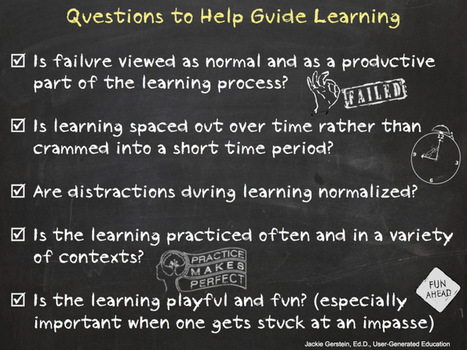



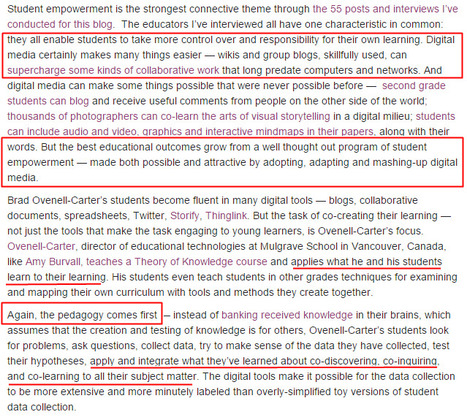


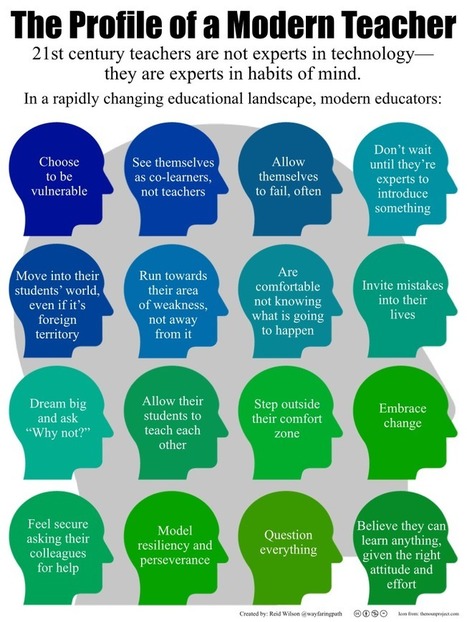


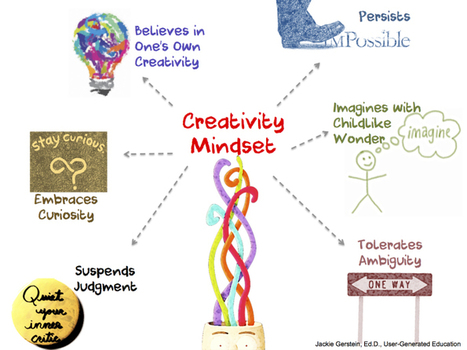





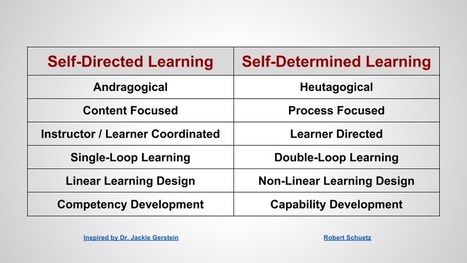







Mastery versus Learning - Lots of thought provoking ideas here...
Love this examination of 'Disciplines of a Learner" that clearly distinguishes between master and learning. I think we should demonstrate greater value to the lifelong skill of learning .
Like the questions.